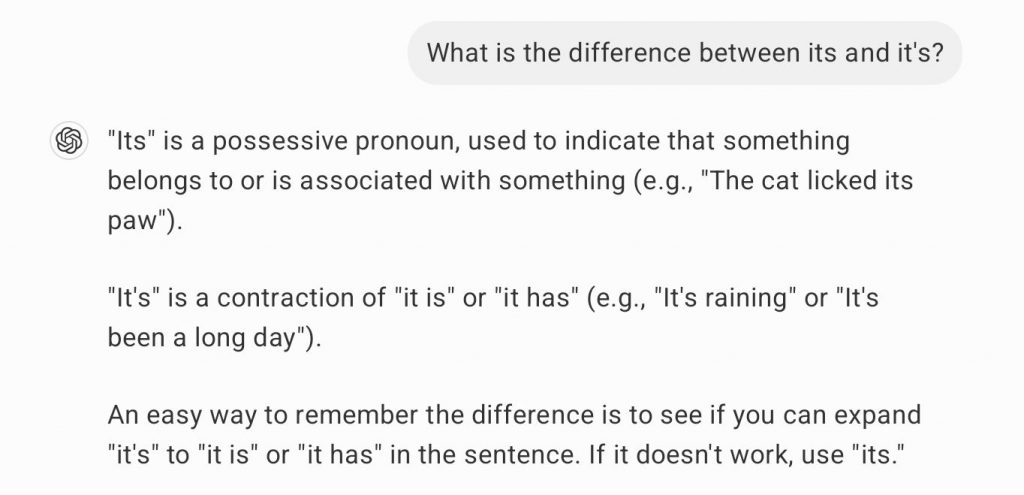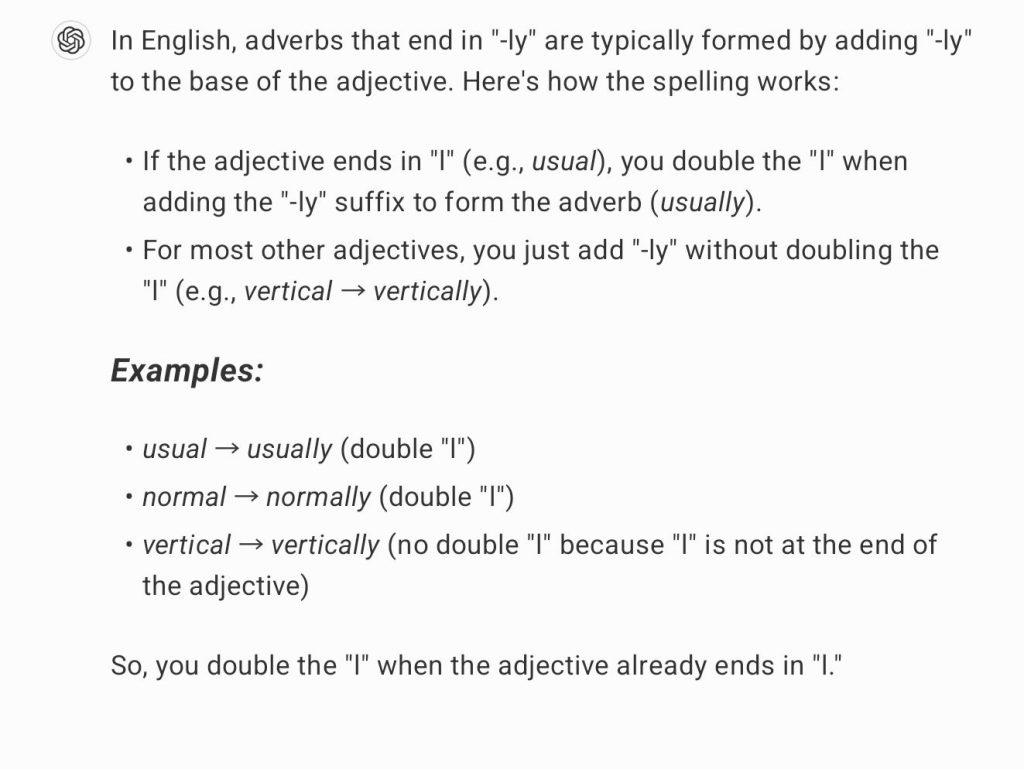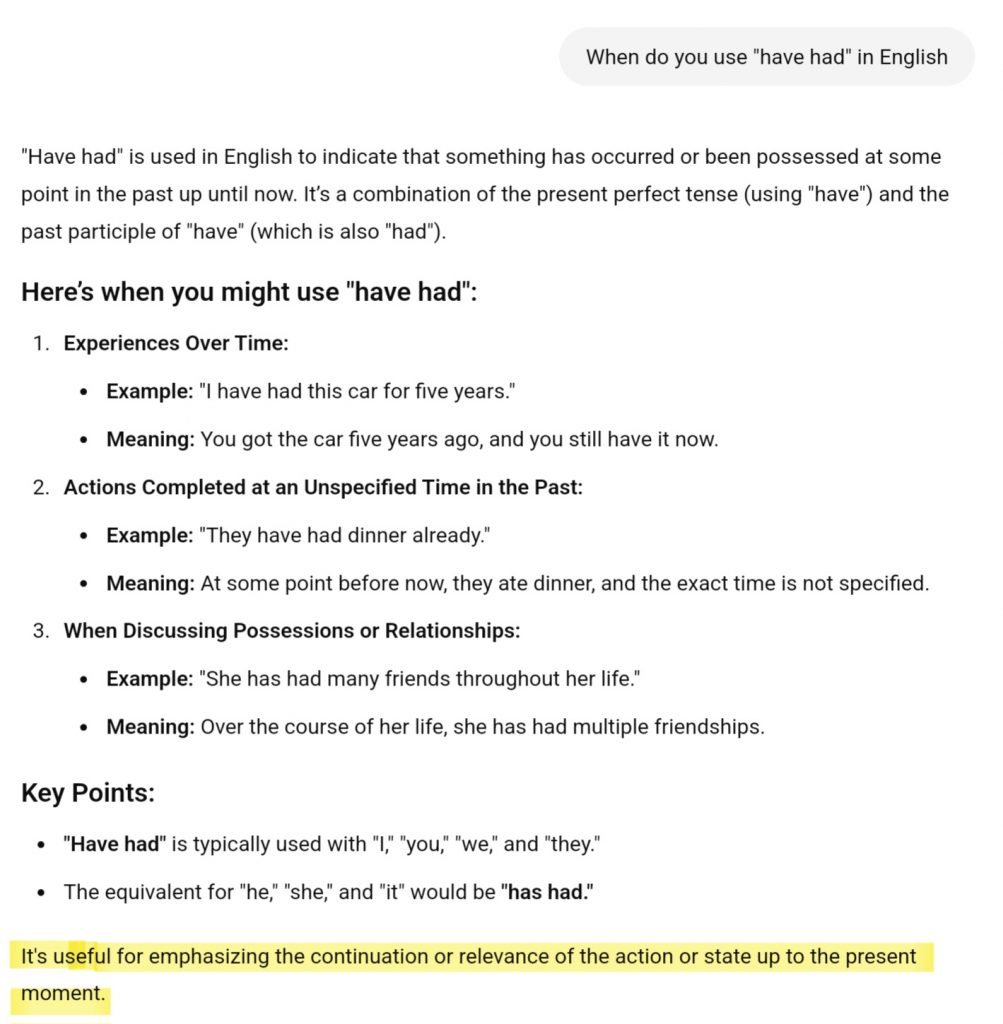The simple past is used for a single event (or sequence of such events) in the past, and also for past habitual action:
He took the money and ran.
I visited them every day for a year.
It can also refer to a past state:
I knew how to fight even as a child.
For action that was ongoing at the time referred to, the past progressive is generally used instead (e.g. I was cooking). The same can apply to states, if temporary (e.g. the ball was lying on the sidewalk), but some stative verbs do not generally use the progressive aspect at all – see Uses of English verb forms § Progressive – and in these cases the simple past is used even for a temporary state:
The dog was in its kennel.
I felt cold.
However, with verbs of sensing, it is common in such circumstances to use could see in place of saw, could hear in place of heard, etc. For more on this, see can see.
If one action interrupts another, then it is usual for the interrupted (ongoing) action to be expressed with the past progressive, and the action that interrupted it to be in the simple past:
Your mother called while you were cooking.
The simple past is often close in meaning to the present perfect. The simple past is used when the event happened at a particular time in the past, or during a period which ended in the past (i.e. a period that does not last up until the present time). This time frame may be explicitly stated, or implicit in the context (for example the past tense is often used when describing a sequence of past events).
I was born in 1980.
We turned the oven off two minutes ago.
I came home at 6 o’clock.
When did they get married?
We wrote two letters this morning.
She placed the letter on the table, sighed, and left the house.
These examples can be contrasted with those given at Uses of English verb forms § Present perfect. Also, for past actions that occurred before the relevant past time frame, the past perfect is used.
Various compound constructions exist for denoting past habitual action. The sentence When I was young, I played football every Saturday might alternatively be phrased using used to (… I used to play …) or using would (… I would play…).
The simple past form also has some uses in which it does not refer to a past time. These are generally in condition clauses and some other dependent clauses referring to hypothetical circumstances, as well as certain expressions of wish:
If he walked faster, he would get home earlier.
I wish I knew what his name was.
I would rather she wore a longer dress.
For more details see the sections on conditionals, dependent clauses and expressions of wish in the article on uses of English verb forms.
For use of the simple past (and other past tense forms) in indirect speech, see Uses of English verb forms § Indirect speech. An example:
He said he wanted to go on the slide.
Source: Simple past – Wikipedia




